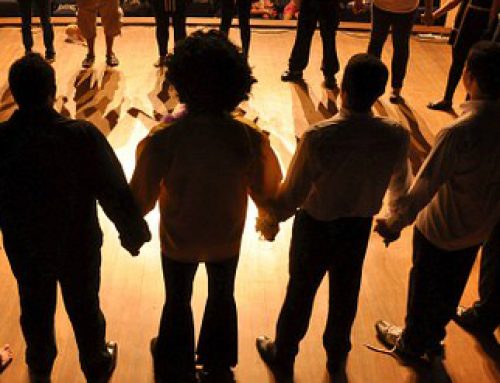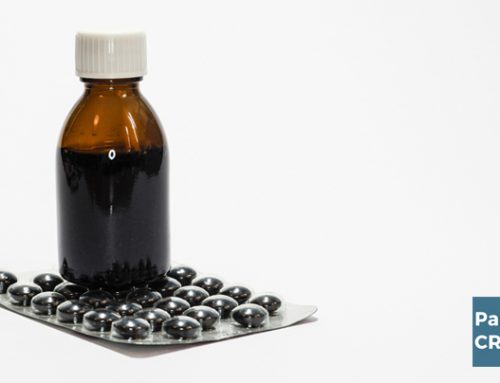Alcohol, Teens and Trouble
Contrary to what some believe, just because you have a teen and there is alcohol available nearby doesn’t mean that your teen (or college student for that matter) will automatically use and abuse alcohol. However, the chances of your children not partaking in the substance are better if you actually play an active role in educating your teen. Many parents either want to bury their head in the sand about the matter or they remember their own wild days in high school and think that there is nothing that they can do lest they be seen as a hypocrite.
First the bad news and then some very good news.
All across the country, alcohol is the most widely used substance of abuse among our youth. Recently, The Washington Post reported a new study that involved 2,835 U.S. high school seniors. The conclusion of the study was that the teens were more likely to try alcohol before smoking tobacco or marijuana. The article even went as far as to say that alcohol was the true gateway drug.
Most medical professionals agree that the younger a teen is when they begin drinking, the more likely that they will develop a problem with alcohol later in life. According to MedicineNet, almost 2,000 young adults under 21 years of age die in car crashes where underage drinking had been involved. Other sources, like the National Council on Alcoholism and Drug Dependence, Inc. report that young adults who drink alcohol will drink less than adults. However, when they do drink, they tend to drink a lot more heavily.
We may think that we are so much different than our teens, but the reality is, when it comes to drinking, our kids drink for the same reasons that we do. Sure, a good number of them try it out on a whim or feel the peer pressure to fit in with their friends. But once that is established, young people might choose to drink for comfort. Sneaking a few sips is easier than running away. It relaxes them. Alcohol might be seen as “medicine” that will help them with their grief over a loved one, fight depression, anxiety, low self-esteem or loneliness. They drink to lose their inhibitions or to help gain some confidence. Many will start drinking because their parents have never talked about the dangers of drinking, but drink openly around them.
It will probably not surprise any parent reading this that teens who drink are putting their life in danger. Teens who drink are more likely to fail at school work. They tend to engage in sexual behavior and when they do, they tend to have unprotected sex. Drinking teens get into more fights, get involved in more violent crimes, partake in other drugs and either cause or become a victim of verbal, physical and/or sexual abuse. No, not every teen who drinks will get into this much trouble, but why run the risk?
College Drinking
Drinking in college dormitories and frat houses is often seen as a rite of passage and again, many parents often encourage the behavior as if their child has suddenly become wiser about alcohol use just because they are a year older. Again, it will surprise no one that about half of all college students drink but here is the sobering news: of those who do drink, about half of them consume alcohol through binge drinking. If all this amounted to was the occasional hangover, that might be one thing, but take a look at these statistics:*
- Death: 1,825 college students between the ages of 18 and 24 die from alcohol-related unintentional injuries, including motor vehicle crashes.
- Injury: 599,000 students between the ages of 18 and 24 are unintentionally injured under the influence of alcohol.
- Assault: 696,000 students between the ages of 18 and 24 are assaulted by another student who has been drinking.
- Sexual Abuse: 97,000 students between the ages of 18 and 24 are victims of alcohol-related sexual assault or date rape.
- Unsafe Sex: 400,000 students between the ages of 18 and 24 had unprotected sex and more than 100,000 students between the ages of 18 and 24 report having been too intoxicated to know if they consented to having sex.
- Health Problems/Suicide Attempts: More than 150,000 students develop an alcohol-related health problem (Hingson et al., 2002), and between 1.2 and 1.5 percent of students indicate that they tried to commit suicide within the past year due to drinking or drug use.
- Drunk Driving: 3,360,000 students between the ages of 18 and 24 drive under the influence of alcohol.
Curing the Problem Before it Becomes a Problem
There are programs in place to deal with teen and college student who have a problem with alcohol, but just like treating the flu, prevention works a lot better. According to the National Council on Alcoholism and Drug Dependence, Inc., there are four areas which have proven to be effective in the area of prevention (and in some cases) intervention of underage drinking:
-
Change the View
In some societies, alcohol use among teens and young adults is seen as normal and common place. Some parents will host parties and provide beer and wine coolers for their teens with the mistaken notion that kids will drink anyway and somehow will be safer if they do so in their own homes. All this does is reiterate that underage drinking is “not a big deal.” However, the opposite is true when schools, parents and neighbors reinforce that underage drinking is irresponsible, unsafe and unacceptable.
-
Cut Off the Access
If there is a local shop near your home where they do not “card” minors for alcohol, all of the teens in the neighborhood will know. Same thing goes for teens with a permissive parent. Communities who come together with a common goal of keeping alcohol out of teen’s hands will see a lot less incidence of bad behavior. It’s simple. If alcohol is harder to come by, teens will drink less. End of story.
-
Follow the Rules
Most communities have plenty of drug-related laws that are set in place to keep kids off of drugs, but some do not enforce rules choosing to look the other way or taking a “kids will be kids” type of attitude. How do you discourage a teen from drinking when there are no consequences for doing so?
-
Spread the Word
Perhaps the most important thing to note here for communities is that every life is worth saving. Teens not only need to know the dangers of drinking but they also need to know where they can go or call when they need help.
Parents, be aware of who your kids are friends with and know where they are going with they leave your home. The more work you can put into prevention ahead of time, the less work you’ll need to do in recovery.
* Statistics according to CollegeDrinkingPrevention.gov






